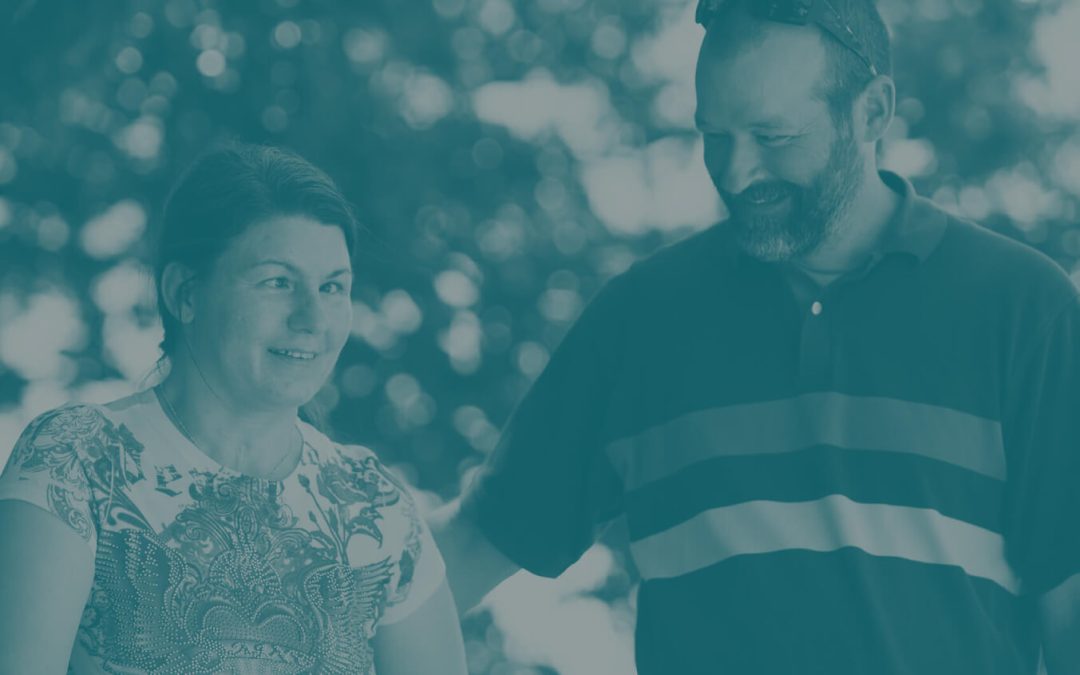Recently, we had a guest speaker in our 4 p.m. Community group. A former TLC patient gave a wonderful...

Leveraging a portfolio of advanced treatment technologies and equipment to help patients regain independence and an enhanced quality of life.

Recently, we had a guest speaker in our 4 p.m. Community group. A former TLC patient gave a wonderful...

Kody Fields, a talented and athletic young man from North Texas, was involved in a terrible vehicle collision in...

Since opening in 1982, the Moody Neurorehabilitation Institute has enjoyed many successes with our patients. Tony...

The Galveston Daily News recently did an in-depth story on Moody Neurorehabilitation Institute therapist Lauren...

Vital to the core mission of the Moody Neurorehabilitation Institute is the conducting of research designed to enhance...

Dr. Brent Masel, President and Medical Director of the Moody Neurorehabilitation Institute, earlier this year was...